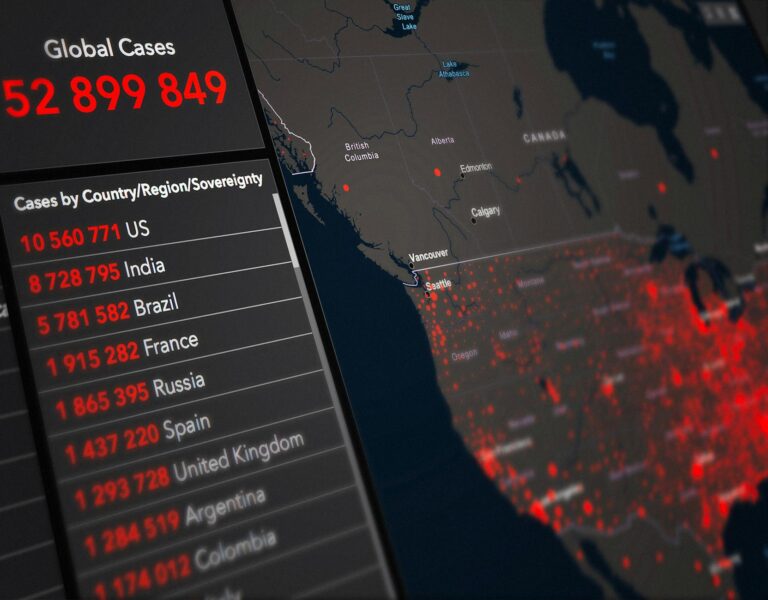In the past century, the world has seen its fair share of pandemics – from the Spanish flu to HIV/AIDS to the recent COVID-19 outbreak. However, there is another epidemic that has been steadily rising and is predicted to become the pandemic of the century – Alzheimer’s disease. This devastating neurodegenerative disease not only affects the individual diagnosed with it, but also has a profound impact on their loved ones and society as a whole. In this article, we will explore why Alzheimer’s is becoming the pandemic of the century.
Firstly, let’s understand what Alzheimer’s disease is. It is a progressive brain disorder that slowly destroys memory and thinking skills, eventually leading to the inability to carry out daily activities. It is the most common cause of dementia, accounting for 60-80% of dementia cases. As of 2020, there are an estimated 50 million people living with Alzheimer’s disease worldwide, and this number is projected to triple by 2050.
One of the reasons why Alzheimer’s is becoming the pandemic of the century is because of the aging population. With advancements in healthcare and technology, people are living longer than ever before. This means that the number of older adults, who are at a higher risk of developing Alzheimer’s, is increasing. In fact, age is the biggest risk factor for Alzheimer’s disease, with the majority of cases occurring in individuals over 65 years old. As life expectancy continues to rise globally, so does the prevalence of Alzheimer’s.
Moreover, there is currently no cure for Alzheimer’s disease. While there are some treatments that can help manage symptoms and improve quality of life, they do not stop or reverse the progression of the disease. This means that as the number of people living with Alzheimer’s increases, so does the burden on healthcare systems and caregivers. The cost of caring for individuals with Alzheimer’s is staggering – estimated to be $305 billion in the United States alone in 2020. This not only puts a strain on healthcare systems, but also on families who often have to bear the financial burden of caregiving.
Another reason why Alzheimer’s is becoming the pandemic of the century is due to the lack of awareness and understanding surrounding the disease. Many people still mistakenly believe that memory loss and cognitive decline are a normal part of aging. As a result, they may not seek medical help early enough, delaying diagnosis and treatment. This lack of awareness also leads to stigma and discrimination towards those with Alzheimer’s and their families. It is important for education and awareness campaigns to be implemented to promote early diagnosis and reduce stigma.
In addition, there is a shortage of resources and funding for Alzheimer’s research compared to other diseases. While there has been progress in understanding the underlying mechanisms of Alzheimer’s, there are still many unanswered questions and no definitive cure. This is partly due to the complex nature of the disease, which involves a combination of genetic, lifestyle, and environmental factors. Increased funding and investment in research is crucial in finding effective treatments and potentially a cure for Alzheimer’s.
Furthermore, as the world becomes more interconnected, the impact of Alzheimer’s is not limited to one country or region. It is a global issue that affects individuals and families from all walks of life. With an aging population and no cure in sight, the economic and social burden of Alzheimer’s will continue to grow worldwide. This makes it imperative for governments and international organizations to prioritize Alzheimer’s as a global health issue and work together to find solutions.
In conclusion, Alzheimer’s disease is becoming the pandemic of the century due to a combination of factors such as an aging population, lack of cure, stigma, and funding. It is a disease that not only affects the individual diagnosed with it, but also their families and society as a whole. In order to combat this growing epidemic, it is essential for governments, healthcare systems, and the public to come together and prioritize Alzheimer’s as a global health issue. With increased awareness, resources, and research, we can work towards finding effective treatments and ultimately, a cure for this devastating disease.





